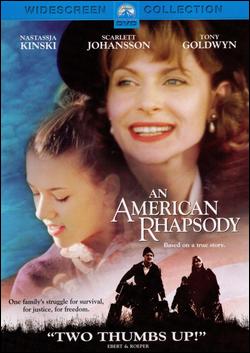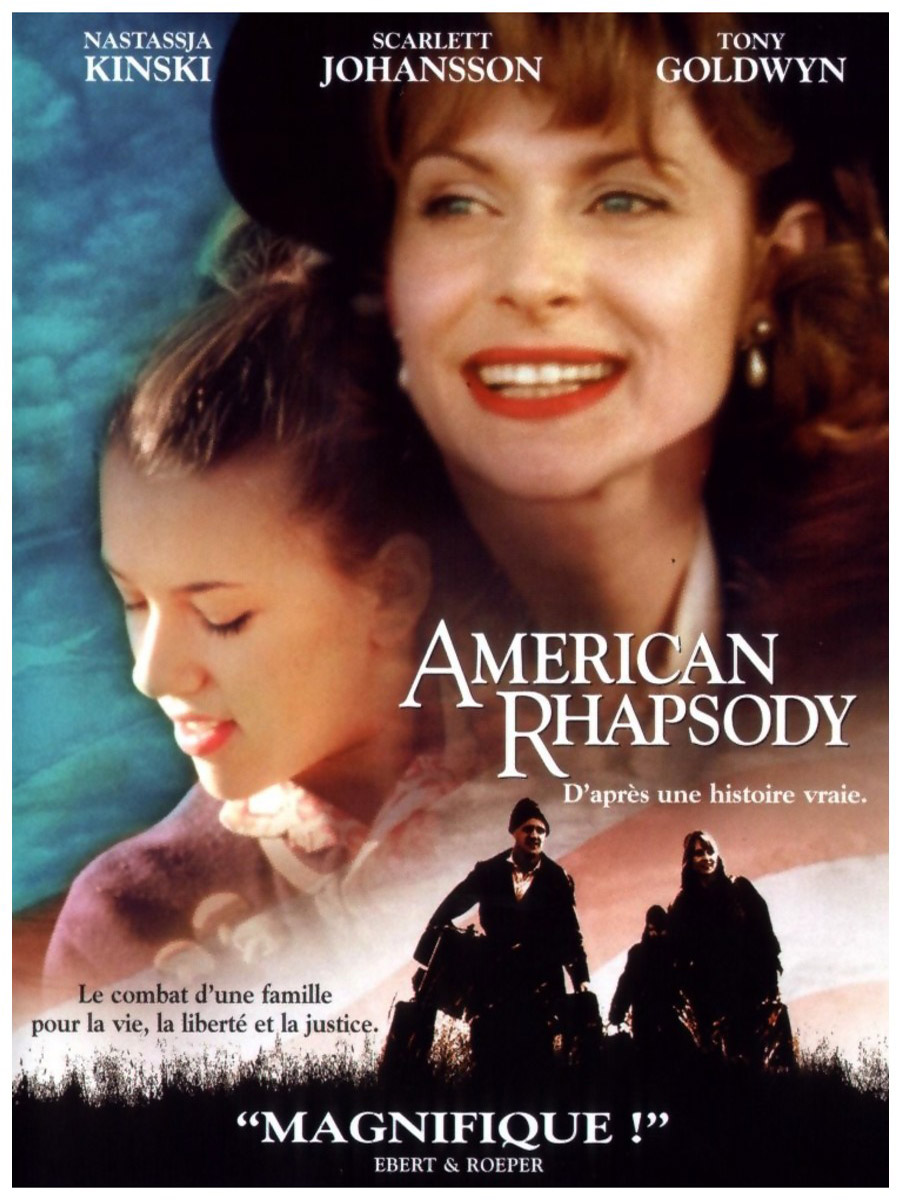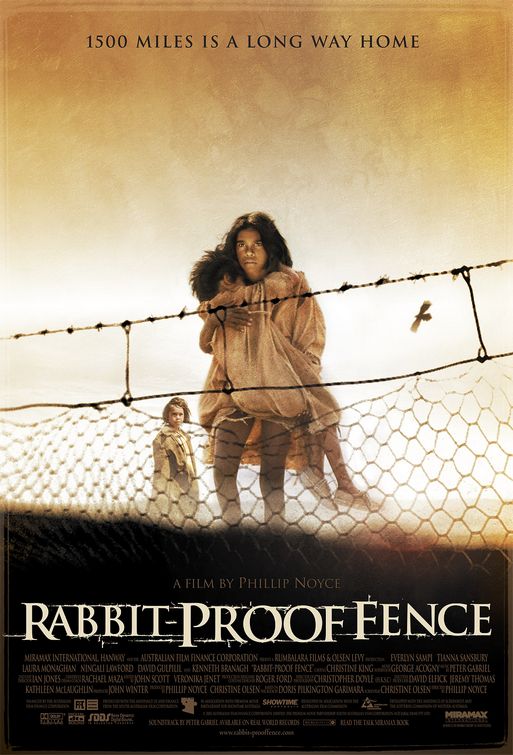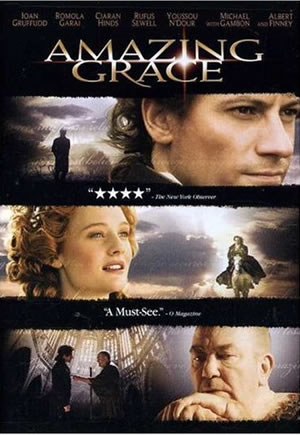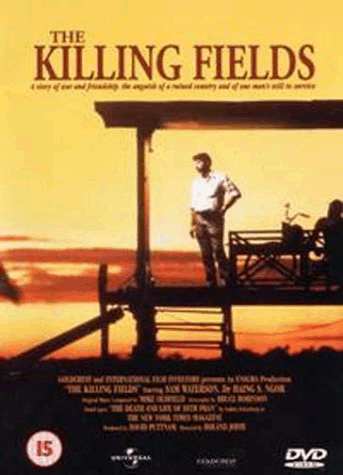An American Rhapsody (2001)
Drama | 106 MinMovie Story
Click to Purchase An American Rhapsody
Set amidst the backdrop of 1950’s Hungary and America, “An American Rhapsody” (2001), is based on the life of Director/Editor Eva Gardos. The story examines the unique face of oppression during Hungary’s fall to communism, and a family’s struggle to overcome the horrors left behind to embrace the promise of the Cold War years in America. Leaving behind their infant daughter Suzanne (to be sent ahead to Vienna a day or two later), parents Margit and Peter flee Budapest with their other daughter, 4 year old Maria. The opening scenes are grittily filmed in black and white, wrapping one up in the tension of this family’s flight across the border to safety.
Unfortunately, Suzanne is not sent ahead as planned, and for her own safety, as her grandmother is arrested and her home and possessions are being confiscated by the military, Suzanne is spirited to the Hungarian countryside to be taken care of there by a kindly couple who raise Suzanne as their own. Meanwhile, having arrived in America, Margit and Peter begin to eke out their new American life, taking jobs to make ends meet, all the while sending letters and making phone calls trying to get Suzanne returned to them from Hungary. Almost 6 years transpire before Suzanne’s grandmother, finally released from prison, is able to get Suzanne on a flight to Los Angeles. Suzanne is too young to understand that Margit and Peter are her real parents, and that all the prosperity and abundance she sees will now be part of her life. Her father makes her a promise that if she will try and like it in America, he will let Suzanne return to Hungary one day to see her foster parents. All too soon, Suzanne is a rebellious teenager in the early 60’s, smoking, drinking, running the streets at night and challenging her parents at every turn. Margit, at wit’s end, bars Suzanne’s windows and installs a lock on the outside of her door. Margit finds a shotgun and tries to shoot her way out of the prison her room has become, to try and break free of the oppression she feels has been unjustly brought down upon her. Calling on her father’s promise, Suzanne returns to Hungary to visit her foster parents and grandmother, and sees firsthand what real oppression looks like, and how much she has taken for granted. While there, she also learns the real reason her family had to flee Budapest and begins to re-evaluate her own actions and beliefs about who she is.
Director/Editor: Eva Garbos, Starring: Nastassja Kinski, Scarlett Johansson

